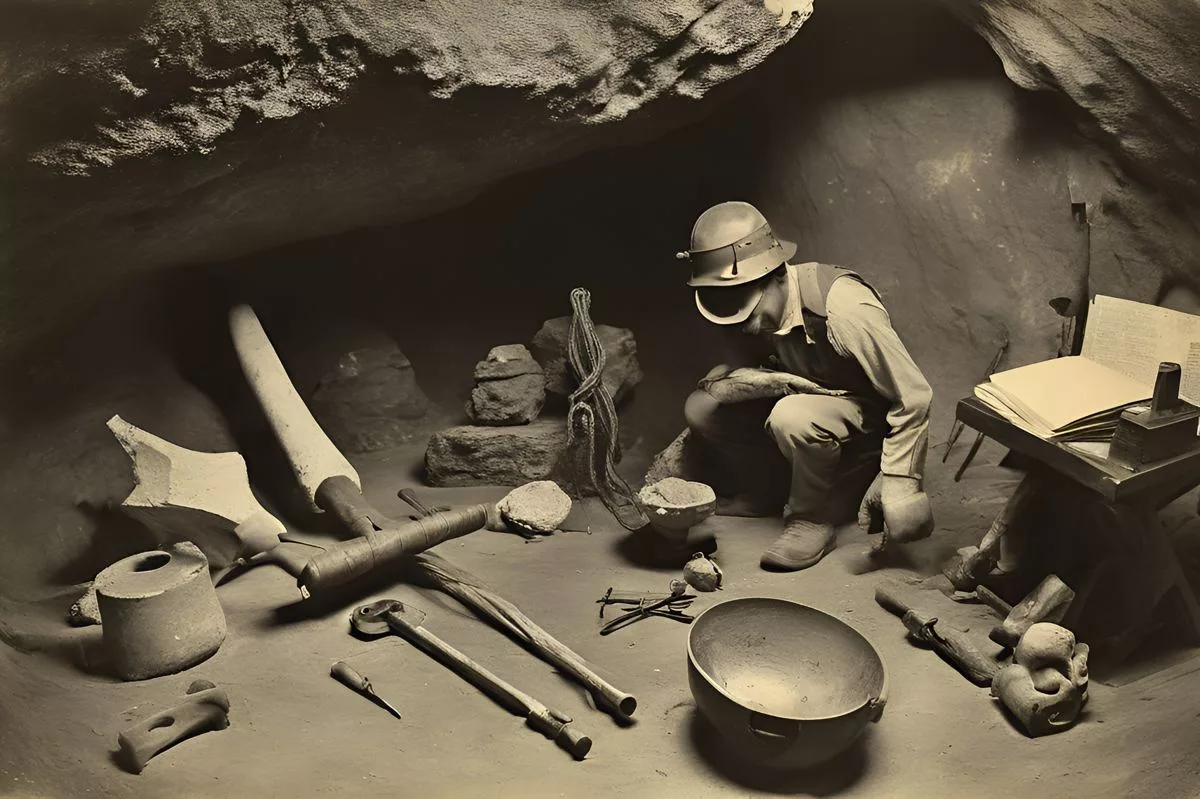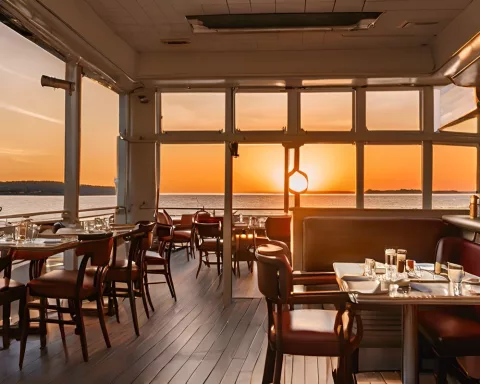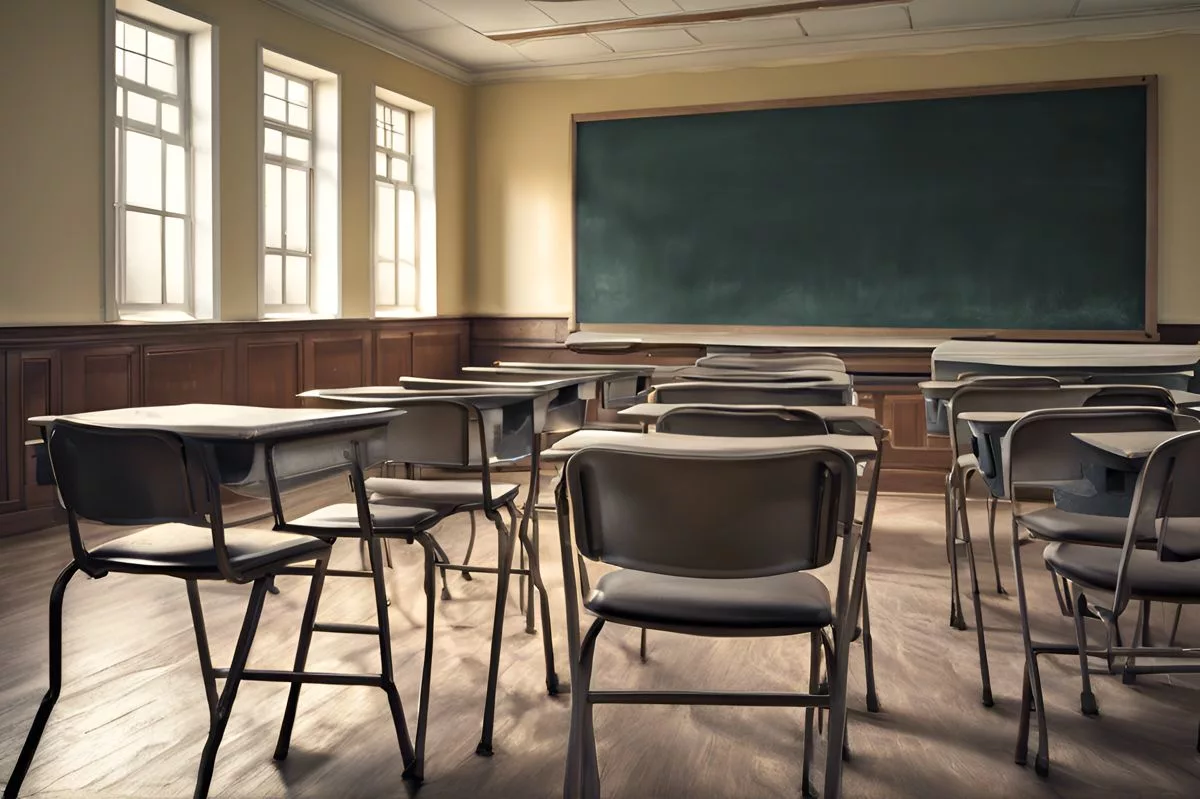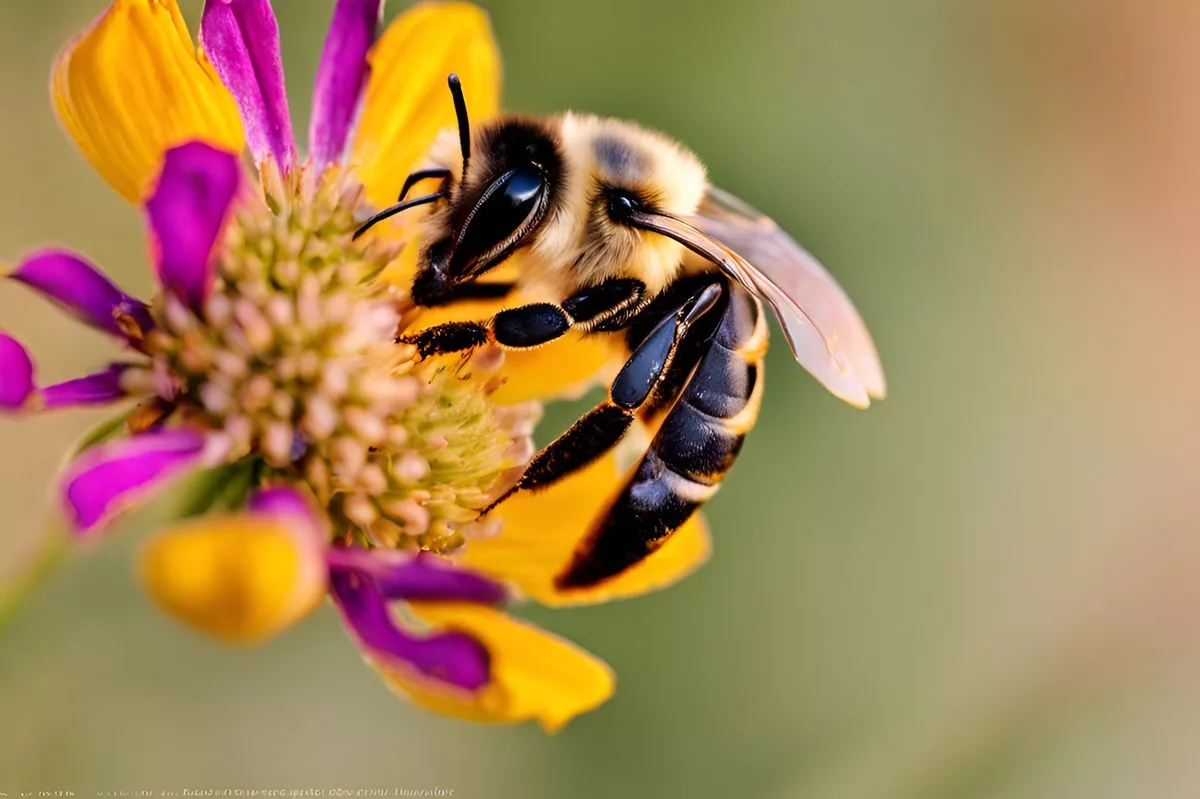The Peers family, self-taught archaeologists, played a significant role in uncovering the ancient history of Fish Hoek through their exploration of Peers Cave. A pictorial lecture is set to honor the family’s legacy and focus on their influence beyond Fish Hoek, including their remarkably named houses. The lecture will be delivered by Margaret Gundry, who delves into the narratives behind the names of Fish Hoek’s homes, uncovering fascinating stories behind them. Gundry’s investigation into the Peers family led her to New Zealand, showcasing the intertwined nature of histories and the legacy of the Peers family beyond Fish Hoek.
Who were the Peers family and why are they important to Fish Hoek’s history?
The Peers family, self-taught archaeologists, contributed significantly to our knowledge of Fish Hoek’s history through their exploration of Peers Cave. They uncovered precious artifacts of the Khoisan people, offering invaluable insights into the region’s early history and the lifestyle of its initial settlers. The upcoming pictorial lecture aims to focus on the Peers family, including their remarkably named houses and their influence beyond Fish Hoek.
Nestled within the warm zephyrs of Fish Hoek in Cape Town, the echoes of its history are preserved through the tales of its inhabitants. On the 12th of September, the Fish Hoek Valley Historical Association intends to pay tribute to one such family, the Peers, who have become an integral part of the town’s cultural heritage. This recognition is chiefly credited to Victor Peers, a self-taught archaeologist, and his son Bertie who revealed the area’s ancient past through their exploration of the Peers Cave in 1927.
Unearthing Historical Significance
Despite the absence of formal archaeological training, the passion and commitment of Victor and Bertie Peers enabled them to make remarkable contributions to our knowledge of Fish Hoek’s history. Together, they devoted years to the excavation of the cave and in doing so, brought to light precious artifacts of the Khoisan people, including rock paintings, stone implements, and an ancient grave site. According to the False Bay Echo, these findings offered invaluable insights into the region’s early history and the lifestyle of its initial settlers.
The Peers Family: More Than Just Archaeologists
However, an upcoming pictorial lecture aims to shift the focus from the exploration of the cave to the Peers family itself. The lecturer for this occasion, Margaret Gundry, is a voluntary worker at the Fish Hoek Valley Museum and has a deep fondness for historical studies and genealogy. “My fascination for history and genealogy has always been a part of my life,” Gundry admits, expressing her interest in the early families of Fish Hoek and their homes.
Gundry’s expansive research encompasses families such as the Wakefords, the Balls, the Mossops, the Mullers, the De Villiers, the Rice family, the Jones family, the Greenlands, and of course, the Peers. Nevertheless, her investigation goes beyond simply understanding the families’ histories. Gundry delves into the narratives behind the names of their homes, a unique custom in Fish Hoek where houses were named rather than numbered prior to 1950.
The Intricacies of House Names: A Journey in Time
Among her countless discoveries is a house close to Sunny Cove station, named “Girdleness”. Gundry’s investigation unveiled that the owner’s father was a lighthouse and fog signal operator in the 1880s. Adjacent to the house stood the Girdleness Lighthouse, providing an enchanting backstory to the home’s name. “That was a relatively straightforward one,” Gundry concedes, reflecting the sense of accomplishment and curiosity that historical research can evoke.
However, it is the Peers family and their remarkably named houses that spark the most curiosity. Bertie, fascinated by Zulu culture, christened his home Inyoko, the Zulu word for snake. In contrast, Victor named his residence Zeenah, after the Tasmanian town where he met his wife. These names are far from random, each narrating a tale of the family’s personal experiences and interests.
The Peers Legacy: From Fish Hoek to New Zealand
Gundry’s study of the Peers family led her to New Zealand, where Bertie and Bella Peers’ great-great-grandson now lives. This global extension of her research illustrates the intertwined nature of histories and the influence of the Peers family beyond the confines of Fish Hoek.
The [Fish Hoek Valley Historical Association](https://capetown.today/fish-hoek-dune-rehabilitation-preserving-natural-beauty-and-protecting-coastal-infrastructure/) meeting is open to both members and non-members. The event is set to commence at 4:30 PM. Members are required to pay an entry fee of R20 at the door, while non-members can participate by paying R30. An annual association membership fee of R50 per person can be paid either at the Fish Hoek Valley Museum or at the meeting itself.
History Unveiled Through Storytelling
With Gundry’s captivating storytelling and thorough investigation, the pictorial lecture holds the promise of a riveting exploration into the history of Fish Hoek and the Peers family. Events such as these remind us that history is not merely a series of occurrences, but rather a reflection of the people and their narratives.
When is the Fish Hoek Valley Historical Association event for the Peers family?
The event is scheduled for September 12th.
Who will be delivering the lecture at the event?
The lecture will be delivered by Margaret Gundry.
What is the focus of the upcoming pictorial lecture?
The focus of the lecture is on the Peers family, including their remarkably named houses and their influence beyond Fish Hoek.
How did the Peers family contribute to Fish Hoek’s history?
The Peers family, self-taught archaeologists, contributed significantly to our knowledge of Fish Hoek’s history through their exploration of Peers Cave. They uncovered precious artifacts of the Khoisan people, offering invaluable insights into the region’s early history and the lifestyle of its initial settlers.
What is the significance of the house names in Fish Hoek?
In Fish Hoek, houses were named rather than numbered prior to 1950. The names of the houses often narrated a tale of the family’s personal experiences and interests.
Is the Fish Hoek Valley Historical Association event open to non-members?
Yes, the event is open to both members and non-members. Members are required to pay an entry fee of R20 at the door, while non-members can participate by paying R30. An annual association membership fee of R50 per person can be paid either at the Fish Hoek Valley Museum or at the meeting itself.












